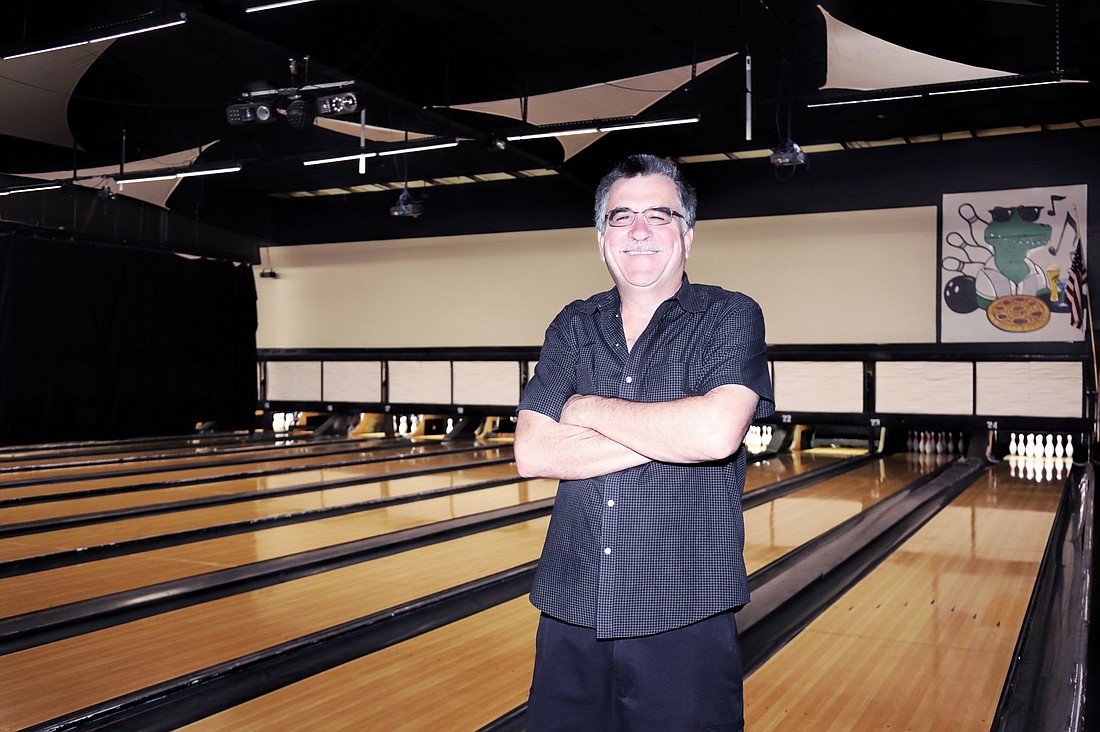- April 5, 2025
-
-
Loading

Loading

Some 15 years ago, Kevin Walsh sought to strike development gold with a planned family entertainment center on 7 acres next to the bowling alley he owns in south Fort Myers, Gator Lanes. Known as a FEC, his idea, back in 2005, was to generate spillover revenue with non-bowling entertainment options, such as laser tag and arcades.
‘We chickened out when the economy turned south. We turned down the loan and stopped everything.’ Kevin Walsh, Gator Lanes